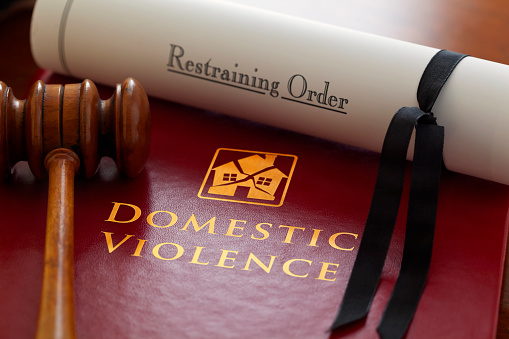
Resource Hub – Articles/Blog
Financial Loss During a Relationship – Case Note
In the recent Family Court case of Anaya & Anaya [2019] FCCA 1048, the principle in the long-established case of Kowaliw and Kowaliw was re-affirmed that:

As a statement of general principle, I am firmly of the view that financial losses incurred by parties or either of them in the course of marriage whether such losses result from a joint or several liability, should be shared by them (although not necessarily equally) except in the following circumstances:
- Where one of the parties has embarked upon a course of conduct designed to reduce or minimize the effective value or worth of matrimonial assets; or
- Where one of the parties has acted recklessly, negligently or wantonly with matrimonial assets, the overall effect of which has reduced or minimized their value.
In Anaya, the husband argued that investment funds (including inheritance of $1,000,000) ‘lost’ by the wife should be ‘added back’ to the asset pool and treated as an advance on her property settlement. The wife argued that the losses were a matter to be taken into account generally and to have them ‘added back’ to the asset pool would likely result in hardship for her.
His Honour held that at the time the wife decided to enter into the high-risk investment she was likely to have been depressed and angry at the husband about their separation but that her decision to do so was reckless and fell within the second category of Kowaliw. The wife’s awareness was exacerbated by the timing of her decisions – after Family Court proceedings had commenced and she had legal representation.
I often have clients ask me to seek redress for losses ‘caused’ by their former partner, for example, the reduced value of their share portfolio or investment in a now worthless time-share resort. For the majority, my answer is no, that these losses were incurred in the course of the marriage but for some, however, the answer is ‘yes’, for example, money lost due to gambling.
It is important that each significant financial ‘win’ and ‘loss’ experienced during the marriage is objectively assessed in the context of its surrounding circumstances. An emotional assessment may be misguided and result in unrealistic expectations by the aggrieved client.
I am available to assist with this task – by offering an objective and realistic assessment of your client’s complex property settlements.
Please contact me at [email protected] or at 9804 7991 if you would like to discuss your client’s situation.
Or have your client contact me to arrange a free initial 15-minute telephone consultation.
A Curly Case for the Commissioner of Taxation

A CURLY CASE FOR THE COMMISSIONER OF TAXATION
CAO & TRONG AND ANOR [2018] FAMILY COURT OF AUSTRALIA
There is no escaping the Family Court and the Commissioner …
The wife filed an application for a final property settlement, including an order that:
1. The husband indemnify her ‘against any liability present or contingent including tax … in respect of E Pty Ltd’; and
2. The husband be responsible ‘for all income tax assessed on income received or deemed to have been received by the husband’.
In the period 2005 -2012, the husband incurred a tax liability of $5,519,200 (unpaid).
The Commissioner of Taxation sought leave to intervene in the property settlement proceedings and an order that the court first makes provision for the payment of tax liabilities to the Commissioner prior to any property distribution to the parties.
Before the matter could be determined by the court, the parties effectively withdrew their respective applications for final property settlement orders.
The wife advised the Commissioner that there was therefore now no basis for it to intervene.
The Commissioner was successful in its application for an order that the court does have the jurisdiction and power to determine a claim against a creditor pursuant to section 79 property settlement proceedings – even if the parties have withdrawn their applications.
The case was run by the Commissioner of Taxation as a ‘test case’ and confirmed that even when the parties themselves no longer seek the assistance of the court to achieve a final property settlement, if the Commissioner has already intervened in those proceedings, the court has jurisdiction to make a final order in its favor – and the liabilities owed to it enforced as an order of the Family Court.
In other words – there’s no avoiding the Commissioner – no matter what agreement the parties themselves might ‘agree on, there’s no way around their obligations to it.
I hope that the year is treating you well – even though it is flying by.
We continue to offer a free 15-minute telephone consultation to your clients in need of family law advice – they can call me on 9804 7991 or email [email protected] to book a time.
And remember, we’re always happy to help you out with your own ‘curly cases’.
Stay in touch,
Vanessa and the Team at Mathews Family Law & Mediation Specialists











